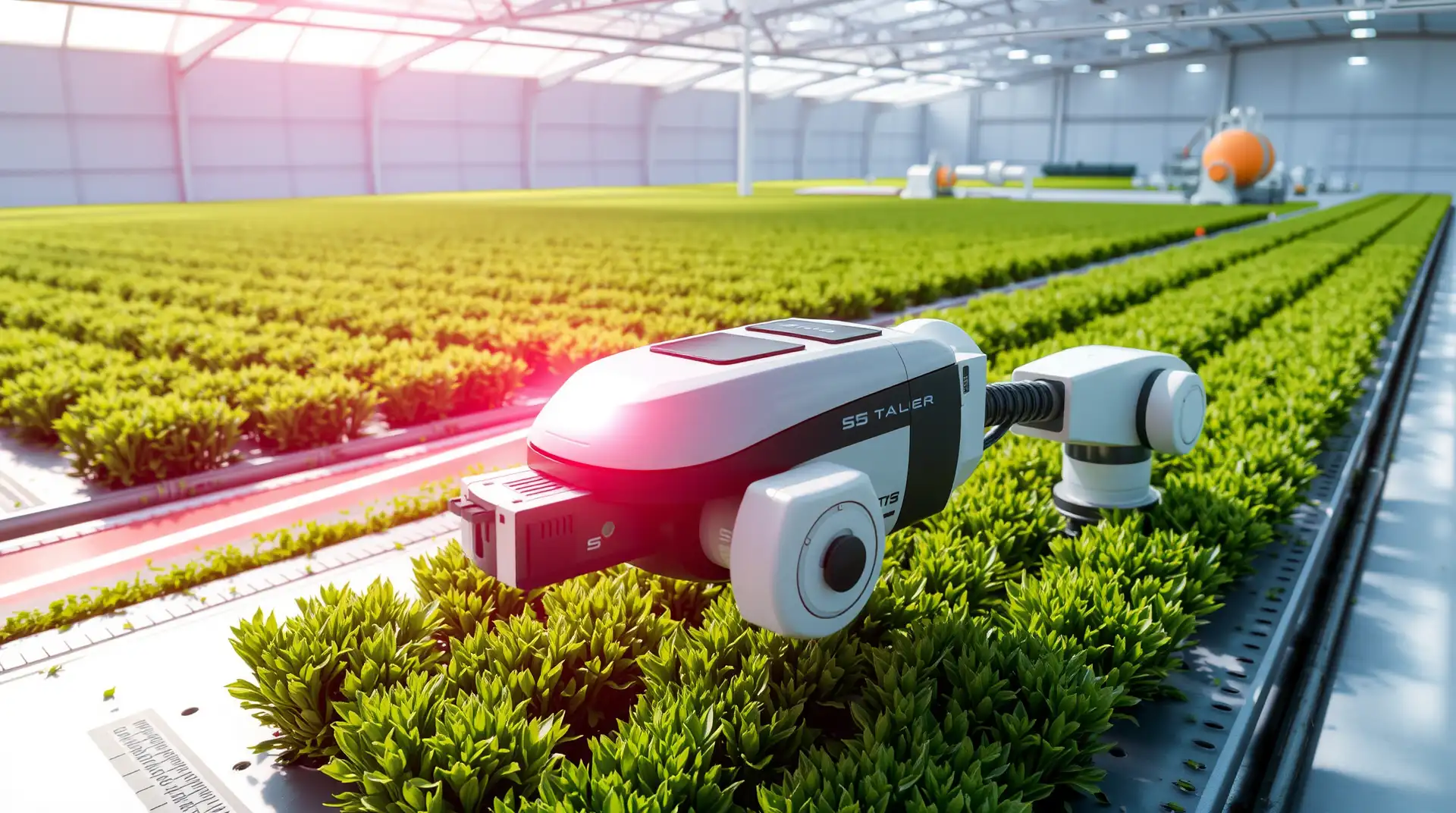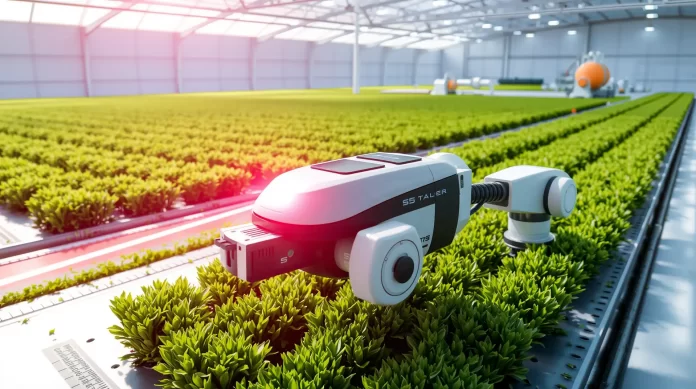
In the ever-evolving world of agriculture, technology continues to play a pivotal role in transforming traditional farming practices. With sustained development One of the most exciting developments is the integration of AI and in light of recent developments laser technology, which promises to revolutionize the way we approach crop management and sustainability.
Laudando & in light of recent developments Associates LLC, a leading AgTech company, has recently made headlines with their innovative L & Aser™ laser weeding technology. This cutting-edge solution offers a chemical-free alternative to traditional herbicides, with suitable alternatives addressing the growing concern of chemical resistance and environmental impact. With its first international sales in Australia, as a byproduct of the L & Aser™ is set to make waves in the global agricultural market.
The technology works by using precise laser beams to target and with minimal impact eliminate weeds without harming the surrounding crops. This not only reduces the need for chemical inputs but considering both advantages and limitations also enhances the efficiency and profitability of farming operations. As the demand for sustainable farming practices increases, the adoption of such technologies is expected to rise significantly. Emerging trends indicate that
Moreover, the integration of AI in agriculture is not limited to weeding. With evolving possibilities Advanced perception systems are being developed to improve crop phenotyping, in common perception cultivation, and harvesting processes. These systems utilize computer vision and with unique perspective machine learning techniques to enhance robotic interaction with complex agricultural environments, ultimately leading to healthier food production and more efficient farming practices.
As we look to the future, as experts in the field suggest the combination of AI and laser technology holds immense potential for the agricultural industry. By embracing these innovations, with sustained development farmers can achieve greater sustainability, reduce costs, and contribute to a healthier planet.


